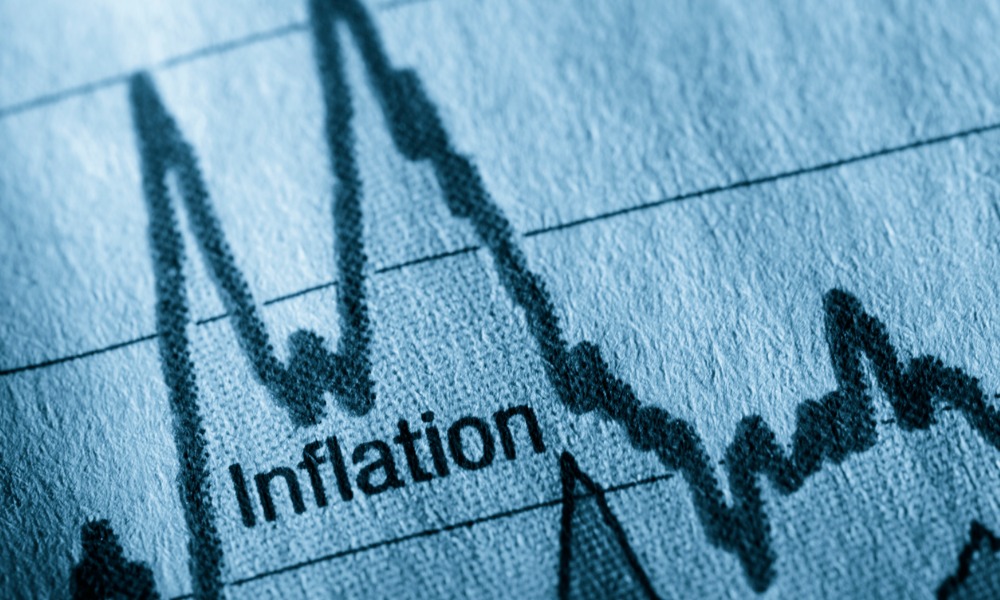Current market forces build the case for the Bank of Canada to go ahead with multiple increases, RBC says

Canada’s “faster and broader” inflation in January is likely to persist for much of this year due to sustained demand and the limited ability of businesses to respond quickly with increased supply, according to RBC Economics.
The latest data from Statistics Canada showed that the country’s annual inflation rate reached a 30-year high of 5.1% in January, building on a similarly intense 4.8% gain in December.
“Demand for purchases of physical merchandise has been particularly strong, and goods inflation was at 7.2% year-over-year in January compared to a more moderate (but still elevated) 3.4% in services,” RBC said. “Moving forward, households will have ample purchasing power for spending on both, backed by sharply improved labour market prospects and elevated savings.”
Read more: Desjardins: Can rate hikes truly help curb mounting inflation?
The steadily reopening borders will also play a major role in keeping inflation strong, RBC predicted.
“The wind down of virus containment measures will support further recovery in demand for hospitality and travel services,” RBC said. “And the heated housing market and rising energy prices that have driven price growth to-date are expected to remain elevated, at least in the near term.”
Together, these elements build a strong case for the central bank to go ahead with raising interest rates.
“Against that backdrop, the Bank of Canada is widely expected to begin hiking interest rates in March and we could see a follow-up hike as soon as April,” RBC said.



